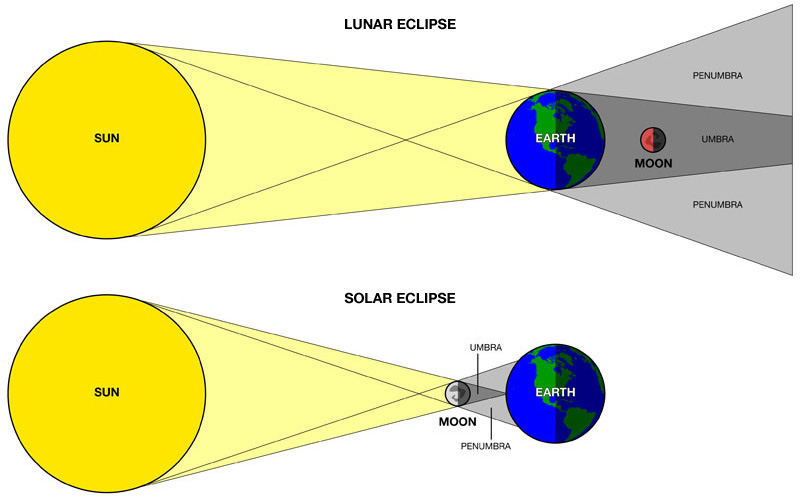




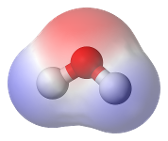

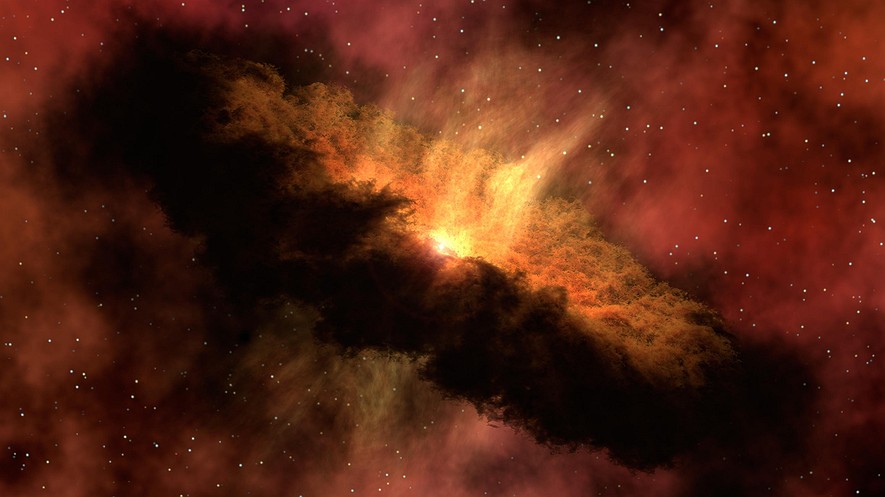
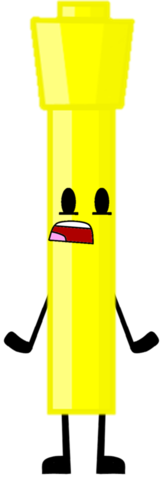
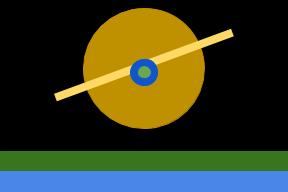
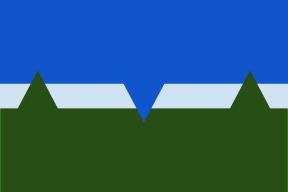
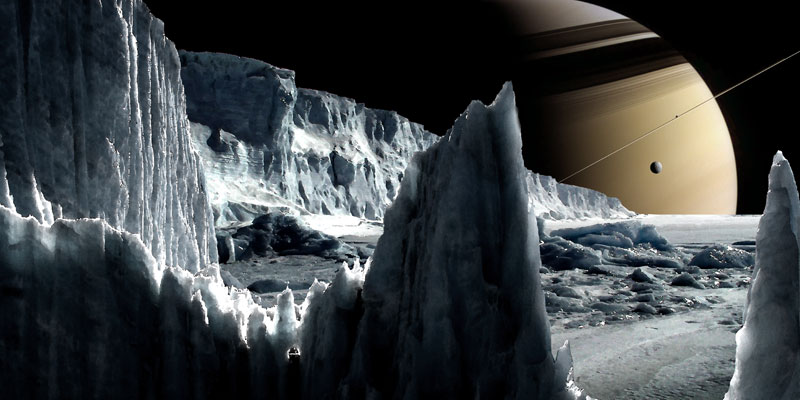

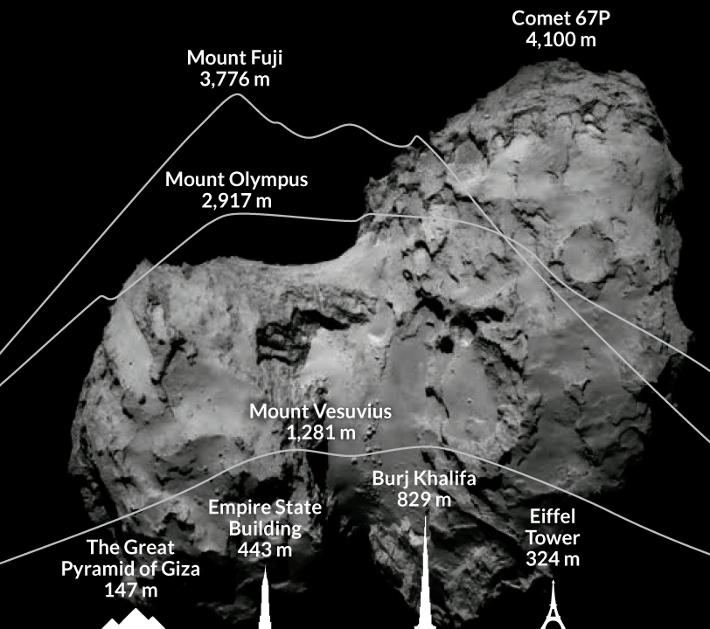
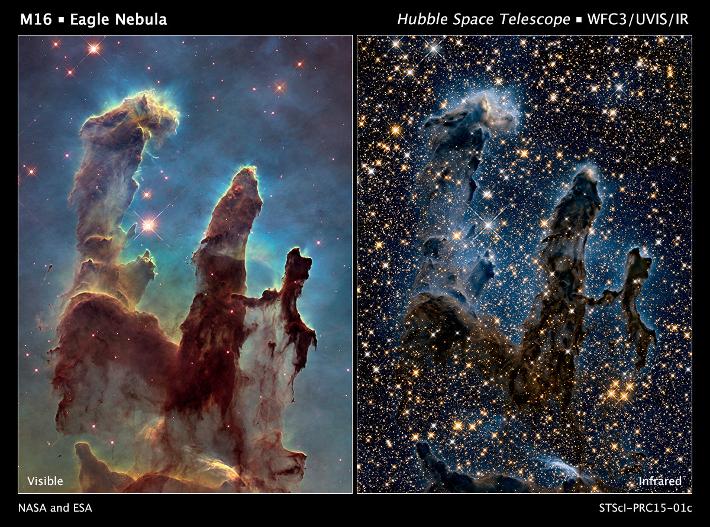
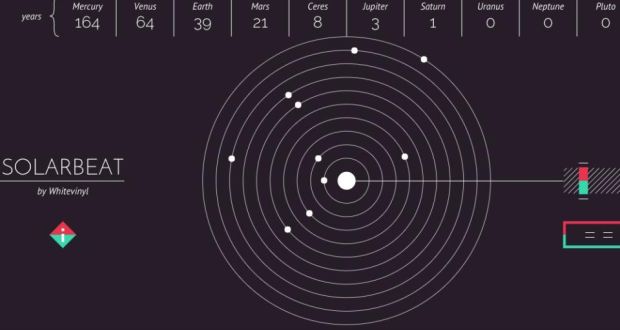
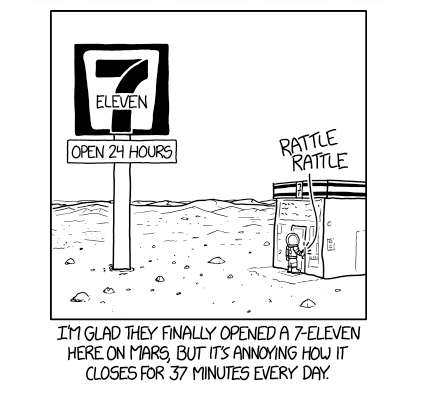

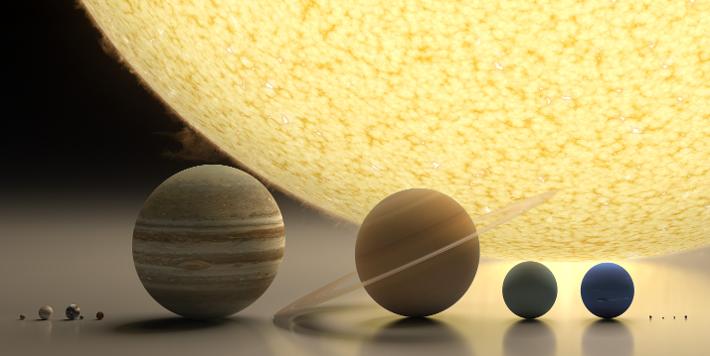
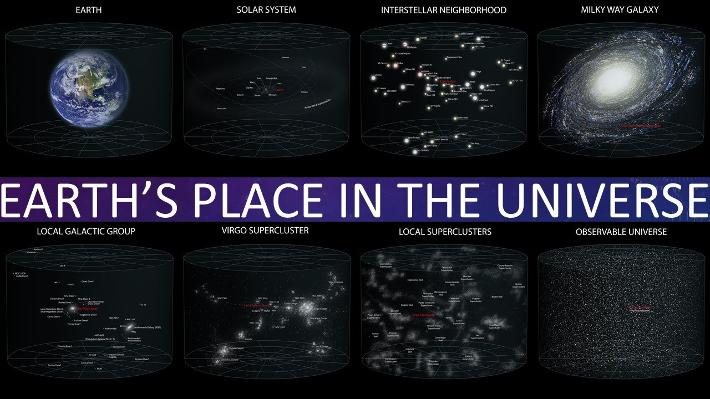
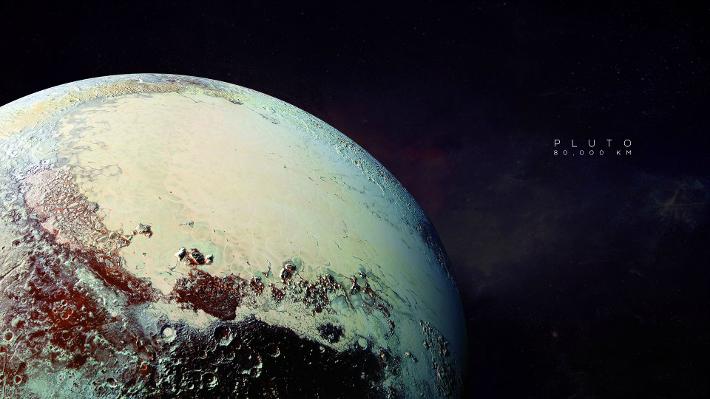
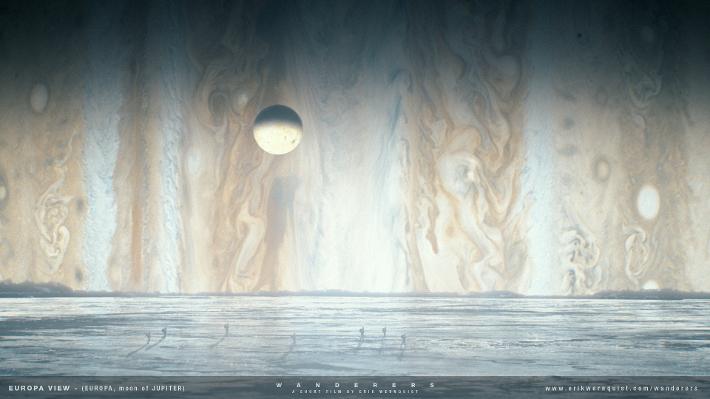
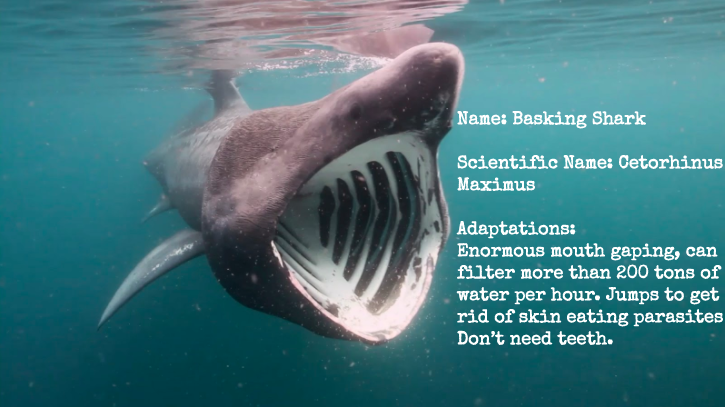
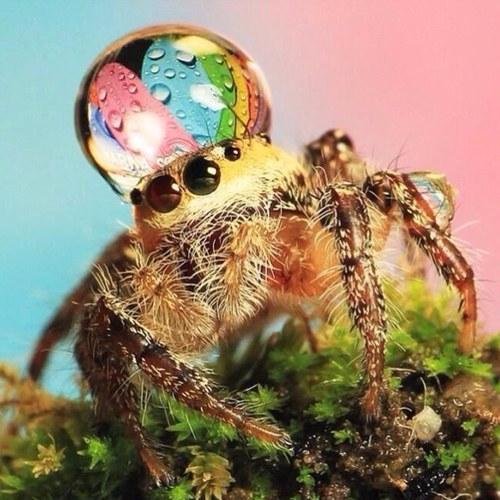
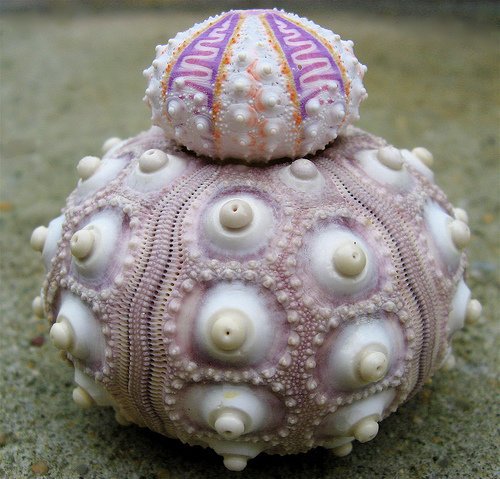


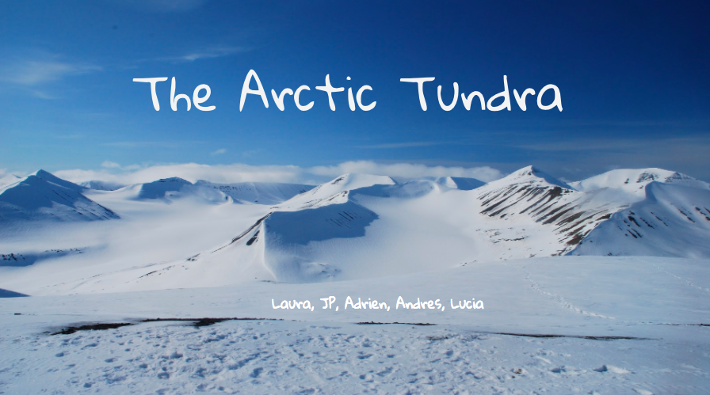
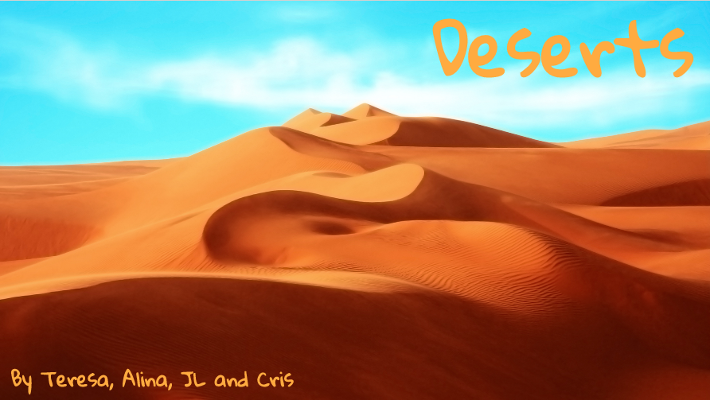
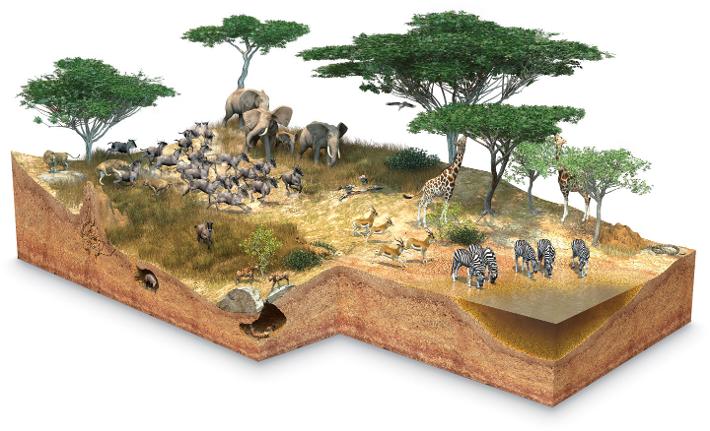
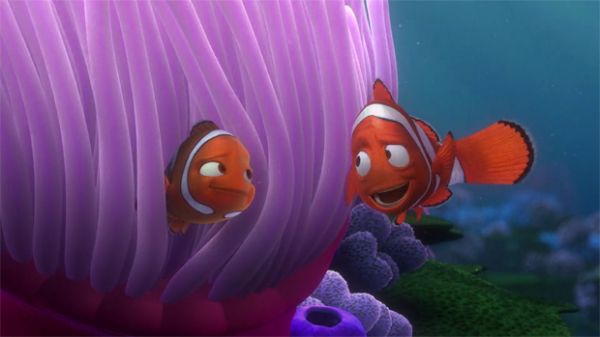

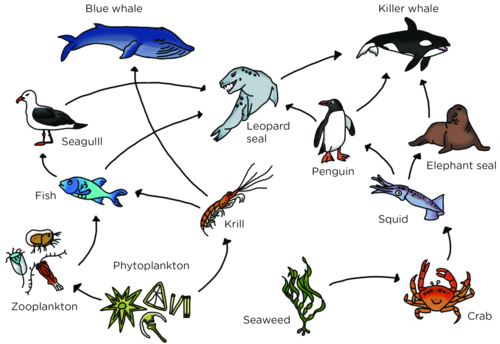


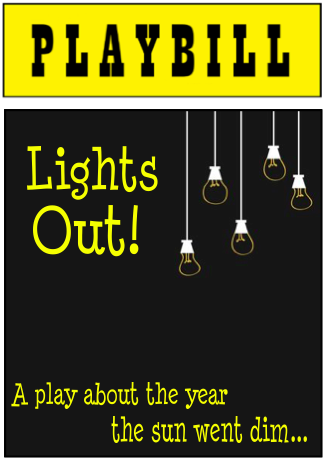
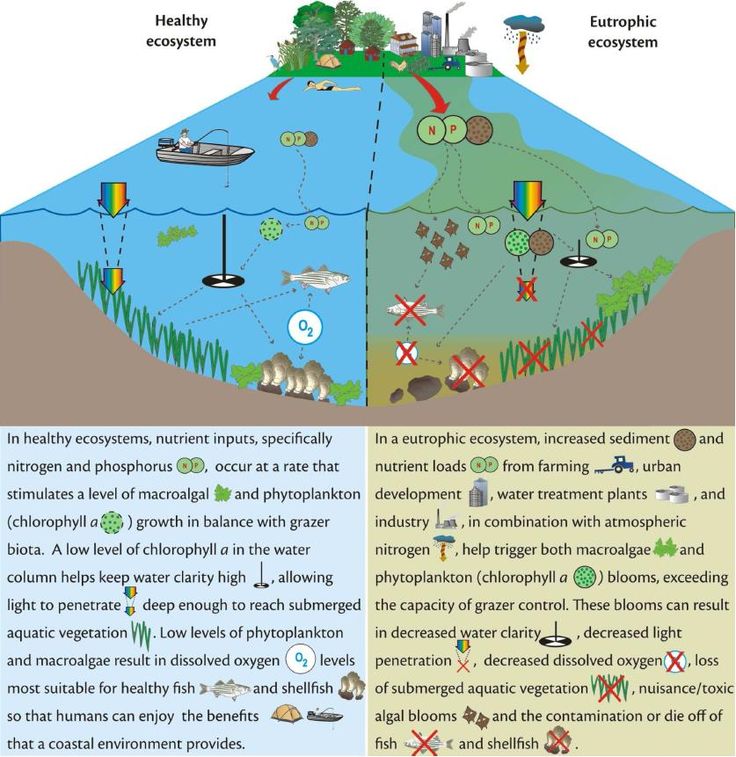
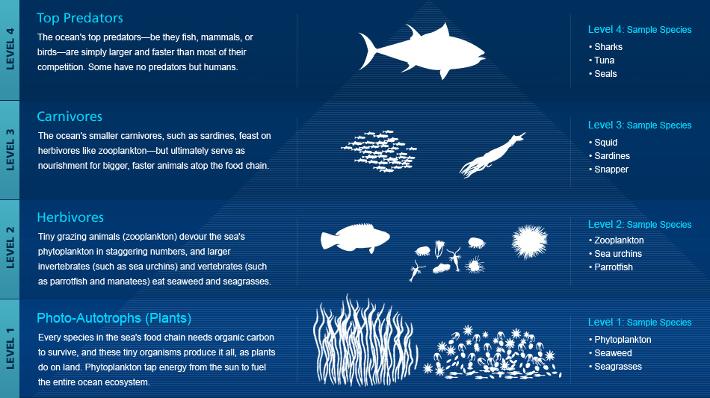

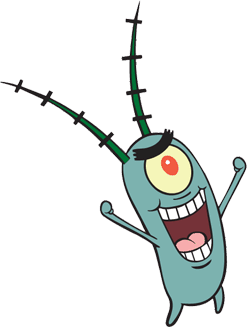
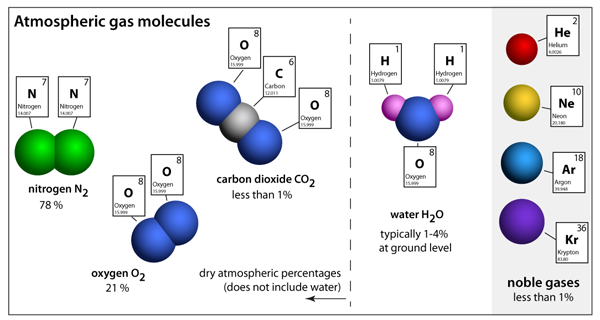
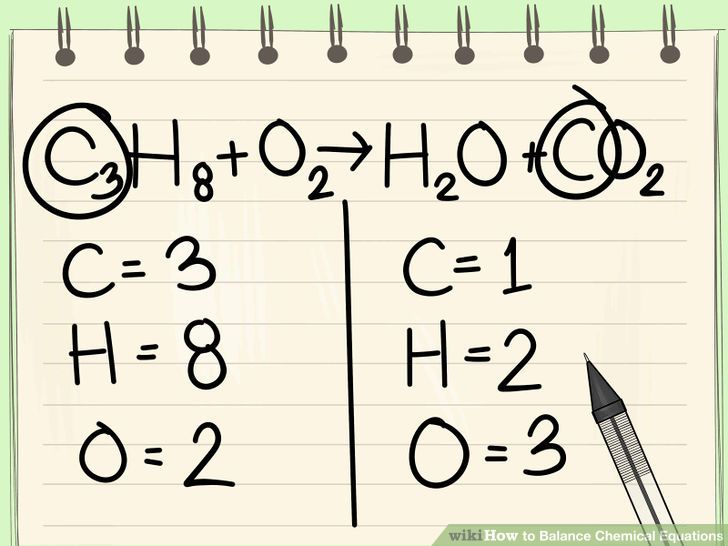
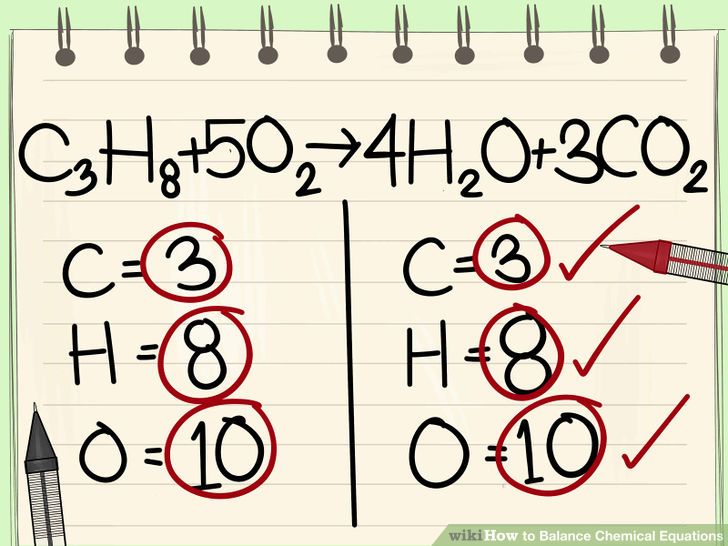
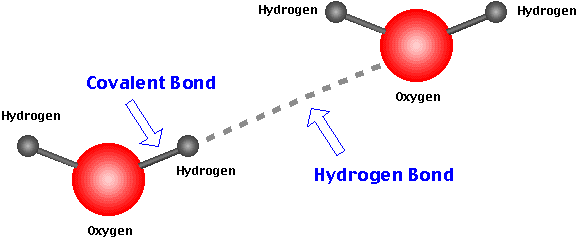
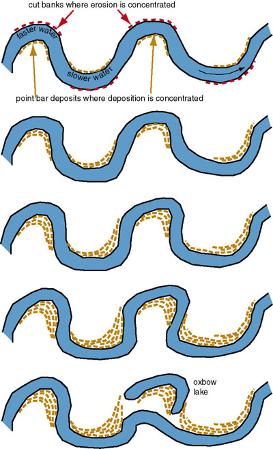
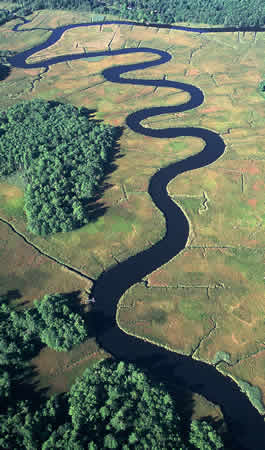
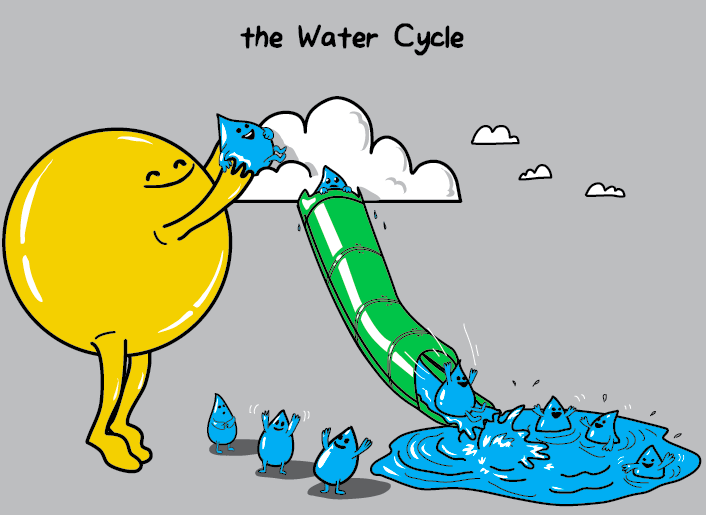

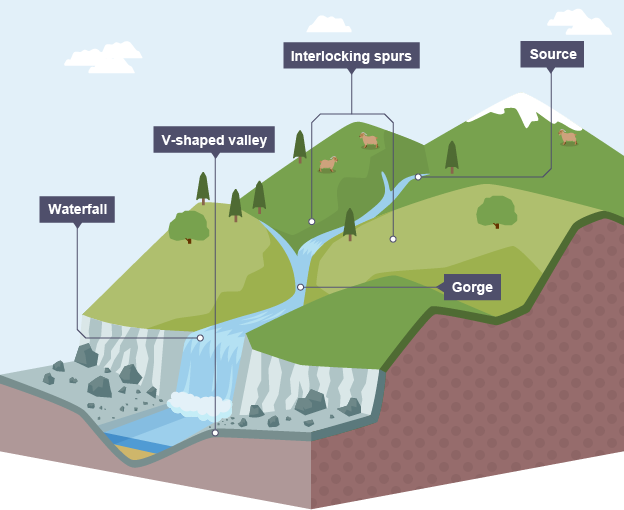
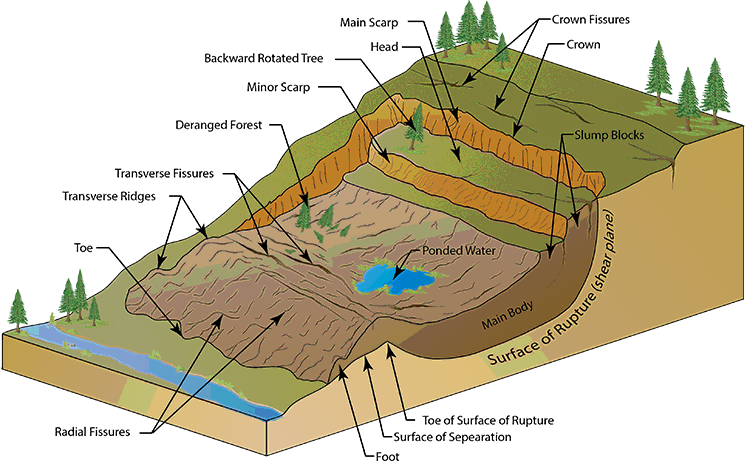
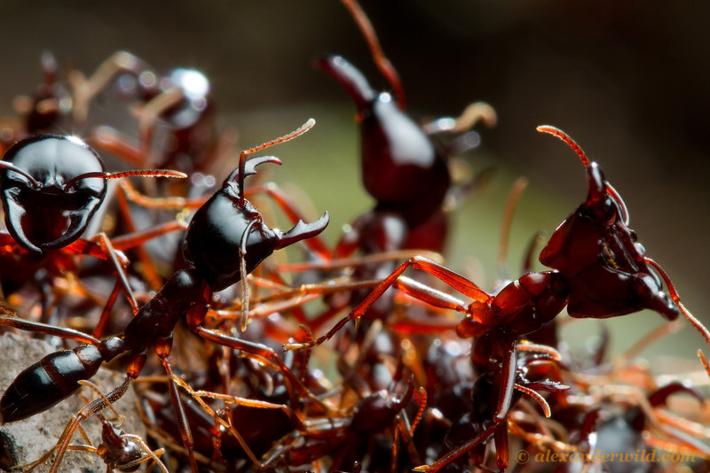
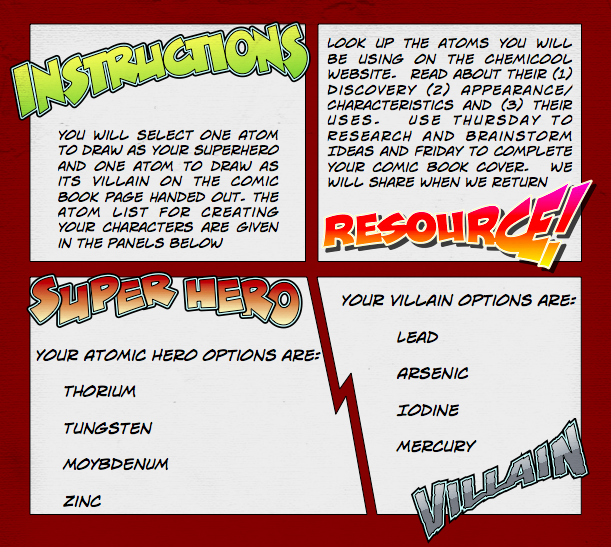
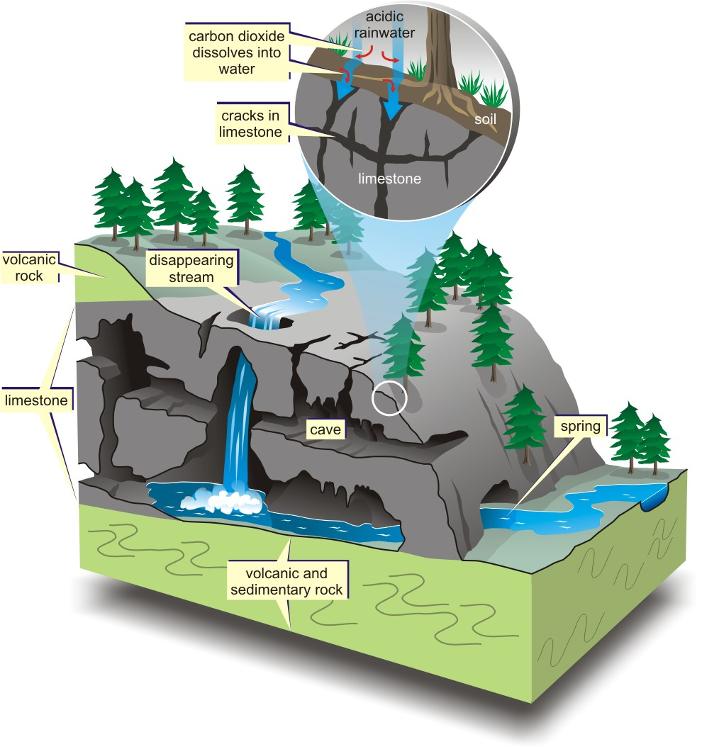


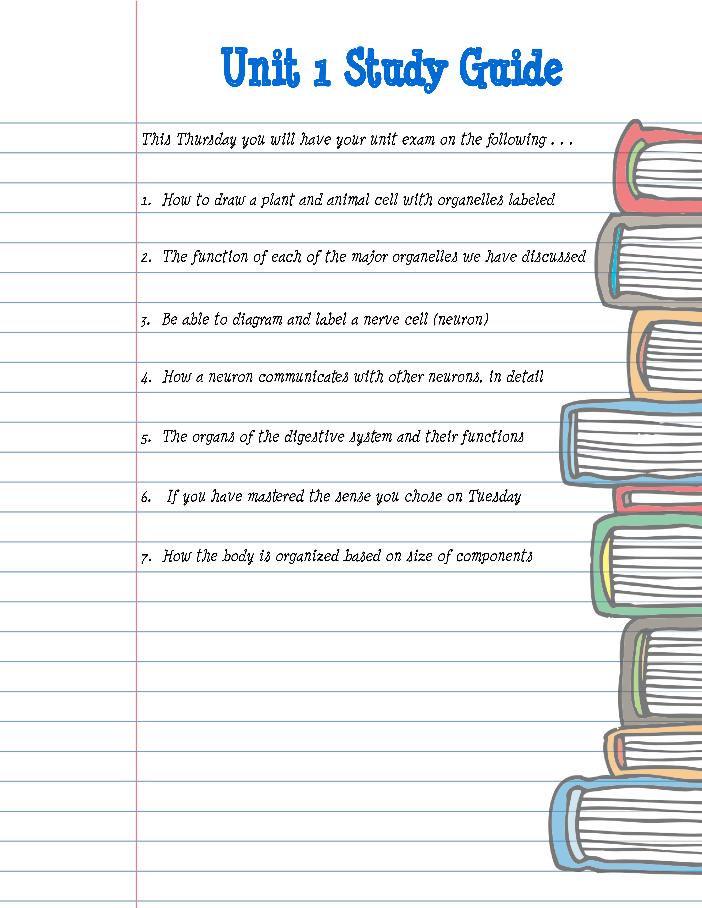
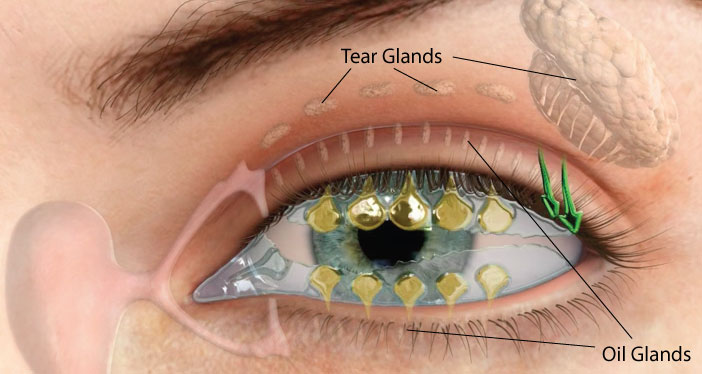
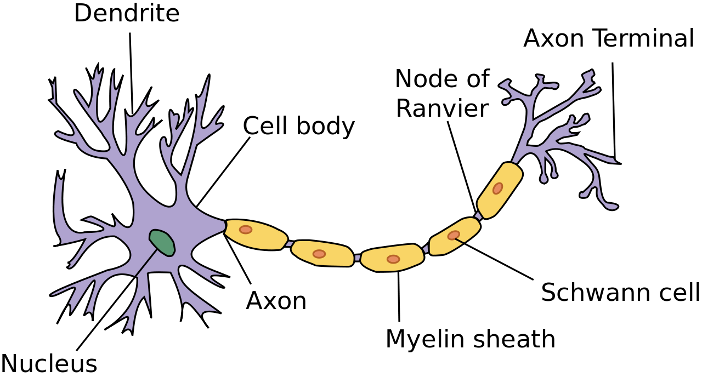
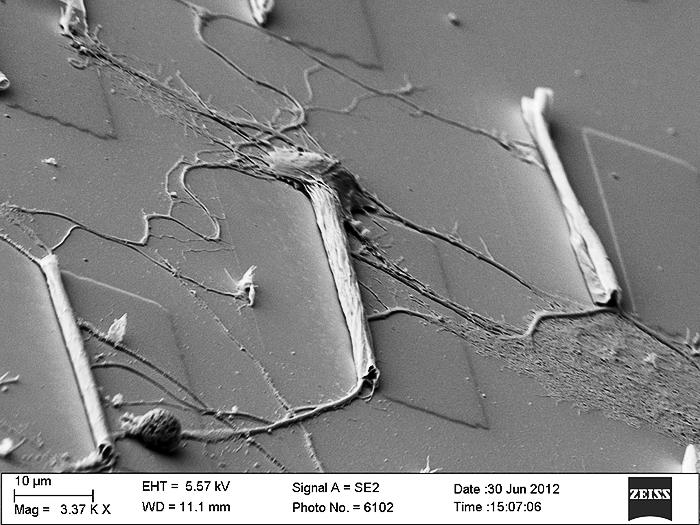
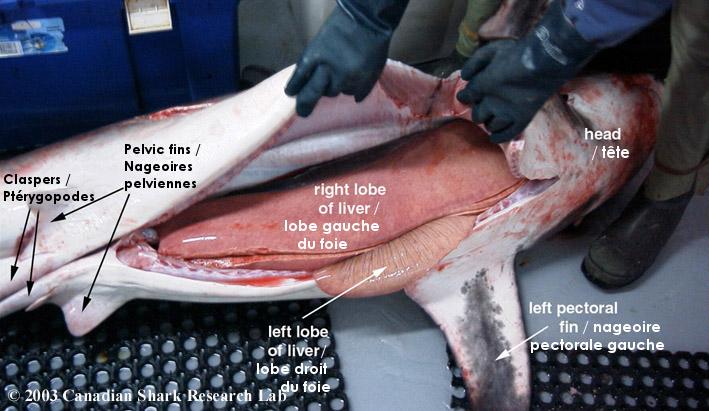

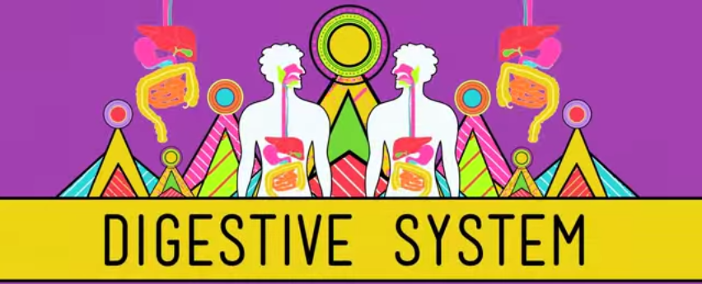
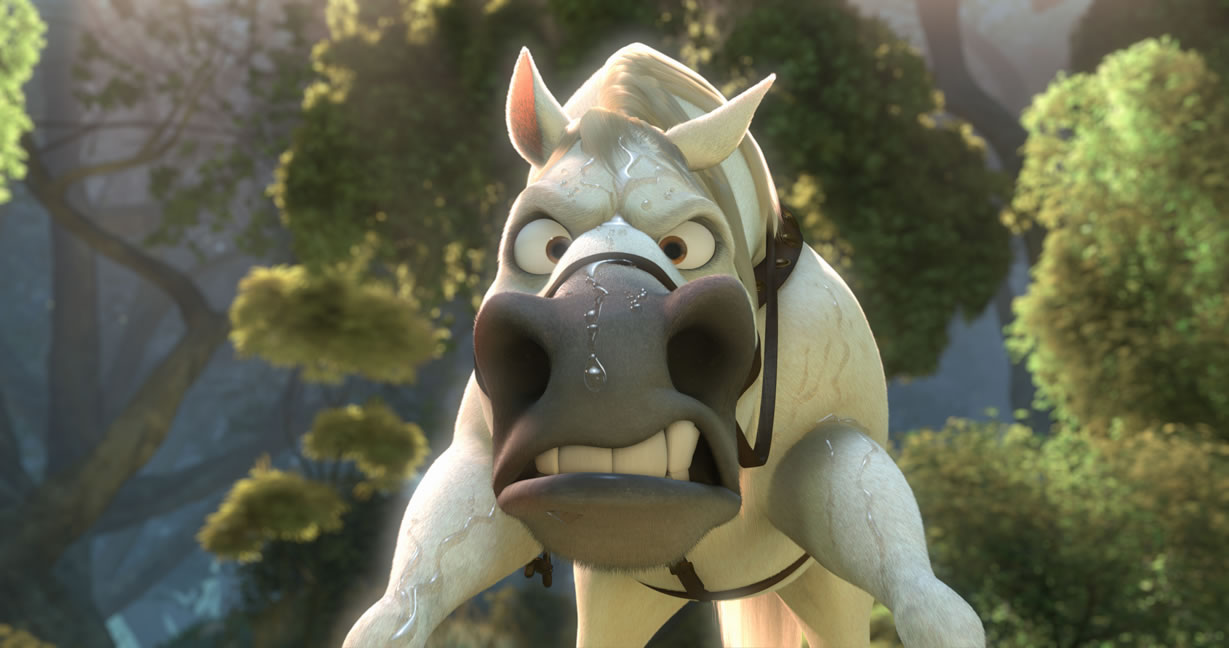
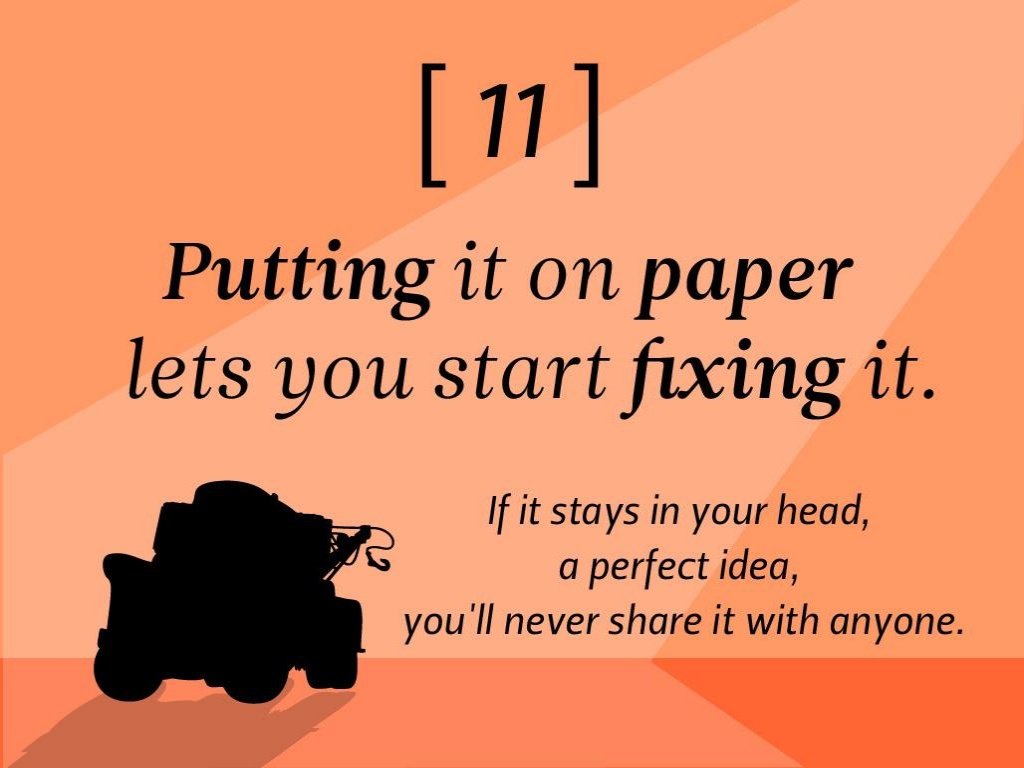
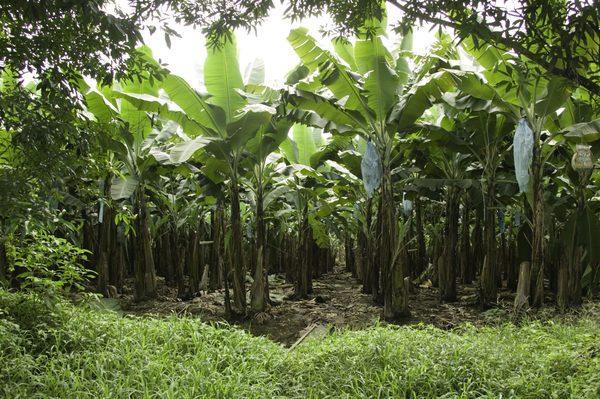
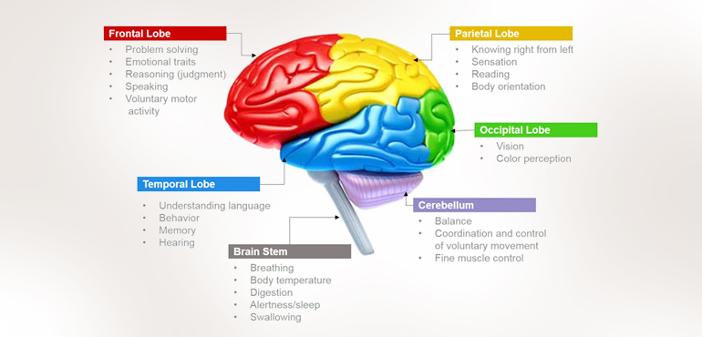
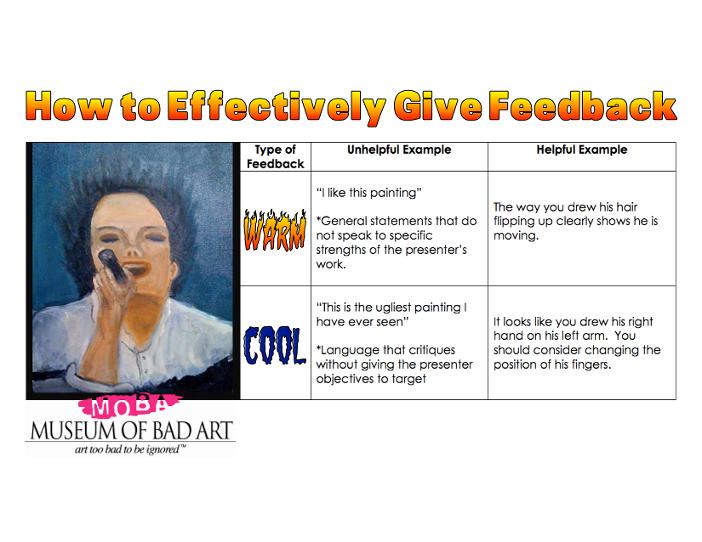
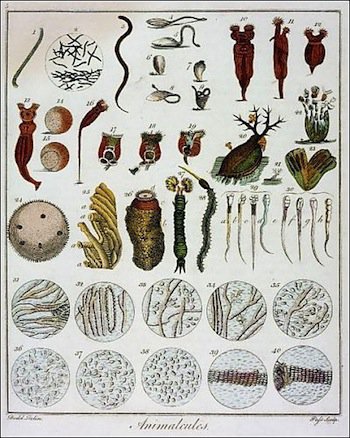
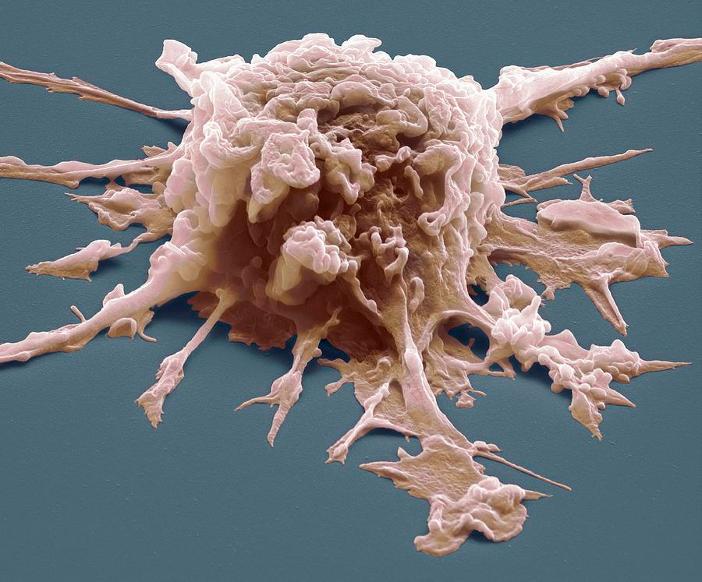
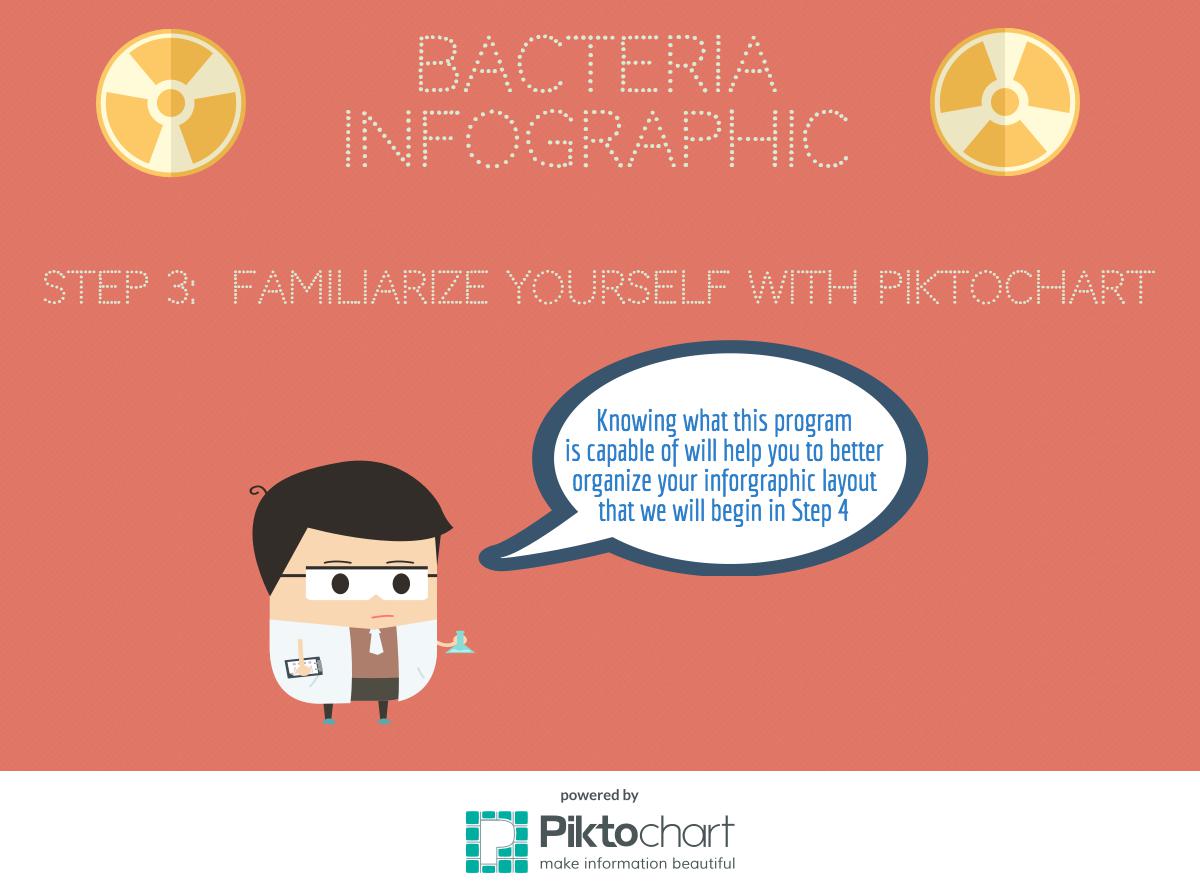
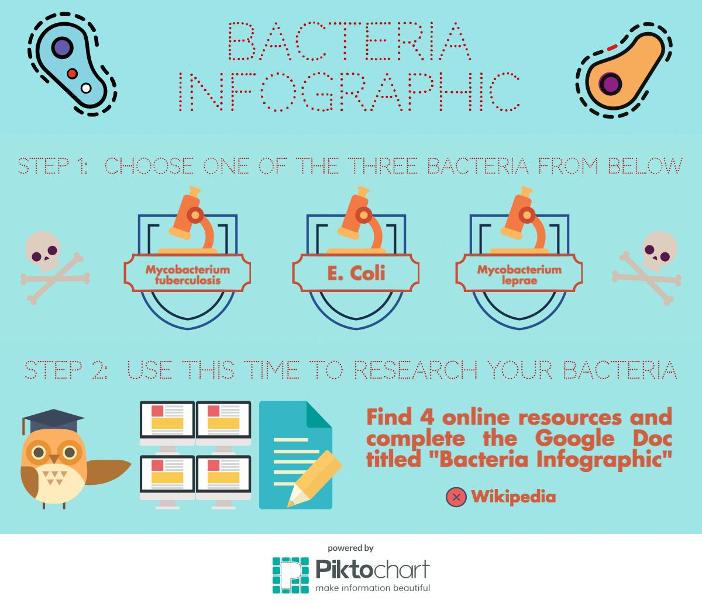

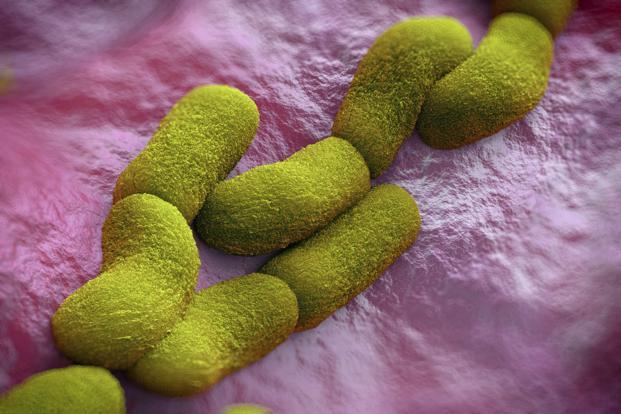


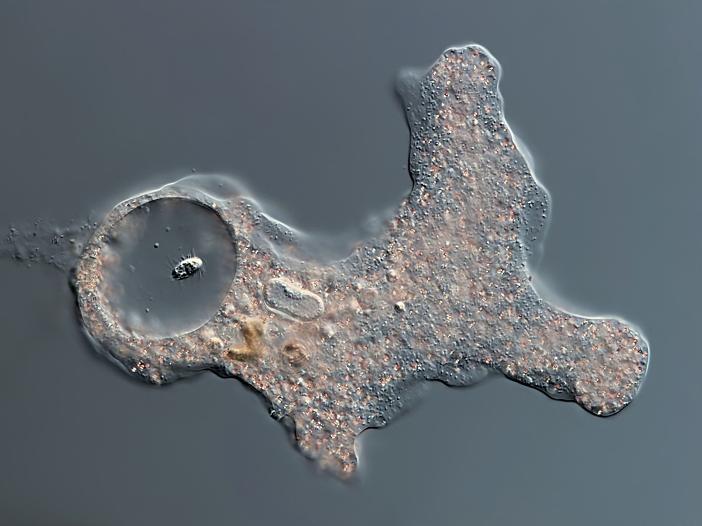
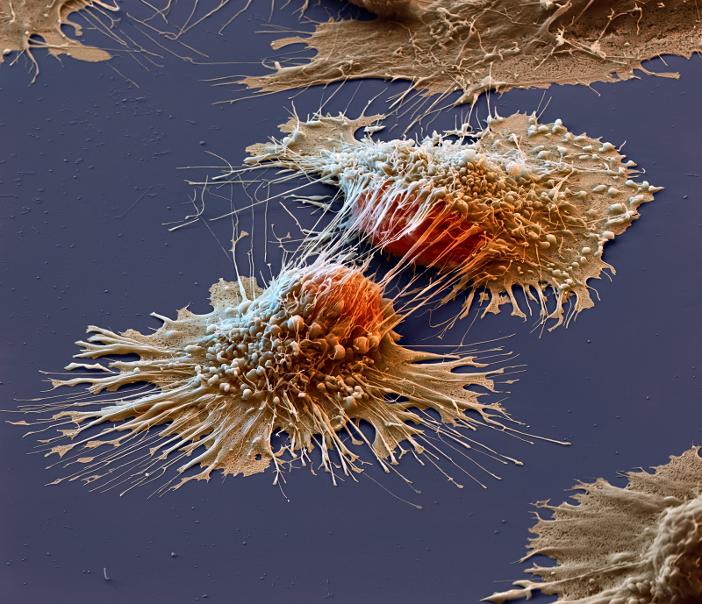
June 7
Learning Objective: Today we will continue to learn about how the Earth-Sun-Moon system works to produce the tides. We will focus on the following....
1. What causes the tides? (rotation of earth, position of sun, earth, and moon)
2. How do the tides change over the course of the day? (low tide, high tide)
3. How do the tides change over the course of the month? (spring tide, neap tide)
June 5
Learning Objective: Today we will learn about the Earth-Sun-Moon relationship (Essential Question #5) and then assess our knowledge on black holes. Today's focus will be on introducing the concepts of tides and eclispes.

Homework: Make sure you understand the main themes of todays lesson
June 1
Learning Objective: Today we will assess our knowledge on black holes and then we will focus on two questions students had from the Death by Black Hole video
1. What are tidal forces and how do they change based on the size of a black hole? Here are tidal forces interacting with a star.
2. What actually happens when your body is snapped in half by a black hole? We will explore the BioDigital Human to explain this.
Homework: To be announced...
May 31
Learning Objective: Today we will learn how a black hole can be detected (by bending light) and then we will watch a Neil DeGrasse Tyson presentation on how you would become spaghettified if you ever crossed the Event Horizon!

Homework: Please make sure that you have fully read and annotated the article from May 30. We will have a brief assessment on this reading tomorrow!
May 30
Learning Objective: Today we will learn about what happens when gravity becomes extremely strong, as is the case with black holes. We will be taking science notes on the newsela article, "What is a black hole?"

Homework: Make sure that you have the article annotated (that means to take notes) and you know the difference between the three types of black holes.
May 29
Learning Objective: Today we will continue our discussion on the significance of gravity using the following agenda...
1. Debate if it would be better to turn off Earth's gravity, or increase it by 2x.
2. Try to simulate gravity like we first attempted on Friday
Homework: None
May 26
Learning Objective: Today we will do a demonstration that shows how gravity works. Afterwards, we will create teams and have a gravity competition!

Homework: Activities we started yesterday are due on Monday.
May 25
Learning Objective: After watching what would happen to the Earth if the sun disappeared, we will listen and read about how gravity shapes our lives.
Listen > Taking the Plunge
Read > Will be handed out!

Homework: If you want to improve your scientific literacy, please continue to take notes on the reading from yesterday. Growth Mindset!
May 24
Learning Objective: Today we will learn about the role gravity plays in the Universe. This is Essential Question #4 and we will use the following links...
Do Now > Your Weight On Other Worlds
Watch > What If The Sun Disappeared?
Homework: As an optional assignment, you can take notes on this article using the method that we learned in class. It talks about the amazing properties of water.

May 16
Learning Objective: Today we will run scenarios on Universe Sandbox thanks to Cristian's acquisition* of the program. We will then finish our essay edits from last week as a part our quiz corrections. *Acquisition means to acquire or to get.

Homework: Have your essay corrections finished by tomorrow at noon. I will be checking the Google Drive to make sure that this is completed.
May 15
Learning Objective: Today we will hold a round table discussion regarding the questions from Friday in order to reinforce what we have learned and fill in any gaps that might still exist in our knowledge. Some of you will be the teachers!!!
Homework: Have your paragraph edits we started last week completed using the protocol shared on the Google Document you made a cope of.
May 12
Learning Objective: Demonstrate content mastery based on the nebular theory reading and our ability to effectively take notes. If you finish the assessment early, you may enjoy using the Super Planet Crash
Homework: None
May 11
Learning Objective: Today we will use the reading notes we took yesterday to improve our written responses to the Nebular Theory assessment in the Drive

Homework: Please have your reading annotated for an assessment tomorrow.
May 10
Learning Objective: As a part of our assessment review and make-up, today we will learn how to take meaningful notes on science readings. This is my method but there are many others. Ms. Kristin has some good strategies as well. Ask her!

Highlight scientific vocabulary in one color
Highlight general vocabulary in another color
Mark BIG IDEAS in the left column
Make Concept Boxes that clarify concepts and vocabulary
Homework: Please annotate this text in the style you learned today.
May 9
Learning Objective: Today we will peer review our flags and then construct a final draft based on the feedback. You will provide an explanation of your symbolism.


Homework: Please have your flag and description finished by Thursday.
May 8
Learning Objective: Today we will review our assessment on the Nebular Theory and then we will begin to design a flag for the celestial body we are experts on.

|
Flag Design.pdf Size : 1400.3 Kb Type : pdf |
Homework: Please have your first draft of your flag complete. We will peer review them tomorrow giving warm and cool feedback for each. These will go on display!
May 5
Learning Objective: Today we will demonstrate our content mastery on the Nebular Theory and then we will become experts on one moon, planet, or dwarf planet in the solar system. We will use this information for a project on Monday!

Homework: Enjoy the cool weather this weekend
May 3 - May 4
Learning Objective: Over the next two days we will learn how the solar system was created over 4.6 billion years ago! This is the process that we will discuss.
Homework: Study this resource for a brief assessment we will have tomorrow on the solar system and the Nebular Theory.
May 2
Learning Objective: We will also discuss the Electromagnetic Spectrum because there were several questions on that and it is important to know for the future.

Homework: What is the darkest thing on Earth? Click here to find out.
April 26 - 27
Learning Objective: On April 26th we discussed the differences between mass, volume, and density. After that we, looked at how gravity, mass, and weight are related. On April 27th we will review the critical thinking questions from April 25th and then we will see how outer space encourages a growth mindset.

April 25
Learning Objective: Today we will have a brief assessment on the material we learned yesterday. After, we will engage in some critical thinking questions related to the solar system. Each person will make a copy of this document.

Homework: Self-correct the back side of our assessment using this BBC Bitesize
April 24
Learning Objective: Today we will review our assessment from last week to fill in any knowledge gaps we may have. After that we will look more closely at our solar system and see what larger lessons we can take away from basic facts.

Homework: Please watch this short video on what space actually looks like and I will answer any questions you might have at the beginning of tomorrow's class.
April 18
Learning Objective: Today we will learn what a scale model is and what they can teach us about the size and distance between objects in the solar system.

April 17
Learning Objective: Today we will have a crash course in the basics of astronomy. You will have 30 minutes to study the BBC Bite Size link below, after which you will have an assessment on the material. You may use your notes!

Homework: To be announced...
April 12
Learning Objective: We will conclude our lesson from Monday in which we were talking about the Earth's place in the Universe. Click here for the Do Now video

Homework: None
April 11
Learning Objective: We will conduct independent research to answer some of our questions from yesterday. Please go to the "Astronomy Questions" Google Doc for updated instructions.

Homework: None
April 10
Learning Objective: Today we will review the Essential Questions for our new unit and then we will learn about the Earth's physical place in the universe.

Homework: Make sure you've asked a question relevant to outer space on the Google Document, "Astronomy Questions"
1. What is the Earth’s physical place in the Universe?
2. What can scale models tell us about the size and distance between objects in the solar system?
3. How was the solar system created?
4. What role does gravity play in the universe?
5. What results from the Earth’s position and motion in the solar system?
6. How is a person on Earth affected by the Sun-Earth-Moon relationship?
April 4 - April 6
Learning Objective: Over the course of the next three days, we will share with one another the various forms of adaptations that exist in nature to conclude our unit on ecology.

April 3
Learning Objective: To prepare for our upcoming unit, I want you to take today to learn as much about outer space as you can. Start with this interactive link and have fun exploring the scale of the Universe. If something interests you, learn more about it. Today is all about expanding your mental horizons! You can also add another strange animal to your presentation if you want. Not required.
Homework: Tomorrow we will present our adaptations and I will see what you learned about space. Work hard and I will see you tomorrow!
March 28
Learning Objective: Today we are going to investigate strange animals and the adaptations they have that enable them to survive within their environments. My favorite strange animal is the Saharan Silver Ant and this is what they look like...
Make a cope of the Google Doc titled Odd Adaptations and move it to your folder
Species #1: Blobfish
Species #3: Mantis Shrimp
Species #2: Aye-Aye
Species #4: Your Choice!
Homework: To be announced...
March 27
Learning Objective: Because we are familiar with providing constructive criticism, our class has been asked to be a practice audience for Gavea AASSA presenters
Homework: None
March 24
Learning Objective: Today we will assess our knowledge of ecology. After that you should choose your three strange animals from this twitter account.


Homework: Enjoy the weekend and wear sunscreen.
March 23
Learning Objective: We will continue our investigation of the adaptations the camel uses to thrive (live successfully) in the harshest environments on Earth.

Things you should know for tomorrow's assessment
1. The vocabulary terms
2. The importance of fungi (be detailed)
3. How to read food webs
4. The relationships between organsims
Homework: Study the 4 topics described next to the camel with the dulla. In #4 I am referring to symbiotic relationships and the interactions between predator and prey. You should also know how to read graphs.
March 22
Learning Objective: Today we will finish our presentations on biomes. After we will learn more about adaptations by looking at how camels sruvive in the desert.

Homework: Study your vocabulary from this unit for an assessment on Friday
March 21
Learning Objective: Yesterday we learned why clouds have different colors and shapes and today we will learn how some desert people use clouds to survive.
Homework: None
March 20
Learning Objective: Today we will start by talking about the rainy weather we had this weekend and then get back to our presentation.

March 17
Learning Objective: Today we will take 10 minutes to rehearse and then start our first round of presentations, where we will look at rainforests and deserts.

March 16
Learning Objective: Today we will take a closer look at various adaptations and see if even cannibalism* can be a beneficial behavior in more harsh environments
Homework: If you want to learn more about cannibalism, this is a long but really interesting article on a strange disease that arose in human cannibals!
March 14
Learning Objective: Continue working on our biome presentations. Remember that your slides should not give all of the information, but rather serve as supplemental images/diagrams to the verbal information you provide.
Homework: Biome slides will be presented tomorrow!
March 13
Learning Objective: Today we will review our assessments from Friday and then we will begin our investigation of biomes. Click on Kids Do Ecology for the Do Now
Link #1: DK Find Out Link #2: World Biomes Link #3: Build A Biome

Homework: Quiz corrections due by Wednesday
March 10
Learning Objective: Today we will assess our knowledge of food webs and the relationships between organisms in ecosystems.
Homework: Google Slides due next Wednesday
March 9
Learning Objective: Today we will learn to identify the different types of symbiotic relationships that exist in nature and complete several graphic organizers to help.
Here is a great example of competition within and between species
Homework: Tell my why Nemo and his father weren't killed by the deadly sea anemone they lived in.
March 8
Learning Objective: Today we will conclude our discussion of food webs and then look at the different types of symbiotic relationships that exist in the ecosystem.

Homework: None
March 6
Learning Objective: We will start class by reviewing our work from last week

After we do this, we will use paper airplanes to demonstrate how less energy is available to organisms as you move up trophic levels on the energy pyramid...
Homework: Make sure you are familiar with how to answer food web questions and the vocabulary associated with ecology that we have been studying.
March 3
Learning Objective: Today we will review our food webs we constructed yesterday and then we will present our revised presentations on parasites.
Speaking of the food web, what happens when decomposers aren't enough to handle human waste? Check out this video, How The Toilet Changed History

Homework: Enjoy your weekend and wear sunscreen
March 2
Learning Objective: Today we will learn more about the important role that decomposers play in the food web and then we will construct the food webs we weren't able to get to on Feb 23. Below is an image of a complex food web.

Homework: Make sure you have mastered/memorized the vocabulary from the sheet that was handed out.
February 24
Learning Objective: We will start class by assessing our basic knowledge of ecosystems and energy pyramids. After that, we will share out some of our parasites and then develop food webs.
Homework: Wear sunscreen!
February 23
Learning Objective: Today we will investigate what trophic levels are and then we will construct our own food webs that we will use for an activity tomorrow!
Homework: Please make sure that you watch the two BrainPop videos posted under yesterdays learning objective. Brief assessment on them tomorrow.
February 22
Learning Objective: Today we will learn how matter and energy flows within the ecosystem by looking at food webs and energy pyramids.
Homework: On Friday, prepare to share out your parasite and we will have a brief assessment on the two videos posted on today's Learning Objective. I will provide you with the username and password for those videos.
February 21
Learning Objective: Demonstrate content mastery of photosynthesis, ecology vocabulary, and chemical formulas/equations.

Homework: When you are done with your assessment, please pick a parasite that interests you and become an expect on it. Volunteers can share out on Friday!
February 20
Learning Objective: You will be given 10 minutes of prep time and then you will present your plays to me. Afterwards, we will review the vocabulary together...
Homework: Make sure you are prepared for your assessment tomorrow on simple chemical formulas/equations, photosynthesis, and ecology vocabulary.
February 17
Learning Objective: I will be out of the building for your period but please continue working diligently on your plays. I will be remotely checking for completed scripts
Homework: Enjoy the weekend and wear sunscreen!
February 16
Learning Objective: We will start class by reviewing our assessment corrections and then we will do a performance art piece to strengthen our vocabulary skills

Homework: Make sure you are prepared for the assessment which will be held on Monday. It will cover the material from the Assessment Correction sheet.
February 15
Learning Objective: Today will be a continuation of our work from yesterday. Make sure that your assessment revisions and/or balancing work is turned in tomorrow!
Homework: On Friday, you will have an assessment that covers the vocabulary, molecular formulas/equations, and the role of photosynthesis in the ecosystem.
February 14
Learning Objective: Today we will hold a class discussion on questions related to ecology and after that we will review and revise our assessments from Friday. To complete this task, their is a Google Slide titled Assessment Corrections.
For those who finish their corrections, you can try this equation balancing game or you can attempt to balance the chemical equations in the worksheet below...
Homework: Have your corrections completed by tomorrow and indicate that you have shown your parent your original assessment and your revisions.
February 13
Learning Objective: Today we will review our assessment from Friday and then we will learn the vocabulary necessary to understand how ecosystems work.

Homework: Study the image posted above and come to class with one question or one comment about this image or something related. Prepare to share out!
February 10
Learning Objective: Demonstrate content mastery of photosynthesis and when you finish, check out the links below related to how fish can affect human health!
Homework: Enjoy the weekend and wear sunscreen!
February 9
Learning Objective: Today we will continue our review from yesterday using the following agenda: Correct Activity #2 from first handout >> Review Secret Life of Plankton >> Complete Activity #2 from recent handout >> BrainPop Presentation

Homework: Tomorrow you will have an assessment on photosynthesis and basic chemical equations.
February 8
Learning Objective: We will review everything that we have learned since the semester began. We will take this opportunity to clarify any gaps in knowledge

Homework: Here is the Photosynthesis in French we translated today
February 7
Learning Objective: Today we will shift focus from atoms and molecules to how organisms in the ecosystem depend on one another for survival.

Homework: You have the option to finish your Secret Life of Plankton assignment in the Google Drive. You will have 10 minutes in class to work on it tomorrow.
February 6
Learning Objective: Today we will continue to build upon the the work that we did on Friday in learning how to read chemical equations. I think it is important to share that I have been very impressed with how you have started this semester.

Homework: TBA
February 3
Learning Objective: Today we will learn how to read chemical equations. This is useful because it will help us to better understand the process of photosynthesis


Homework: Enjoy your weekend and wear sunscreen.
February 2
Learning Objective: Learn what photosynthesis is and why it is so important for us. Please sign up for the website linked to Activity #1 and use your EARJ email
Activity #1: Interactive Link
Homework: To Be Announced
February 1
Learning Objective: Today we will introduce the new unit in an unusual way and define and diagram the key vocabulary words to help us reach our learning goals
Homework: Watch this short PBS production on Carnivorous Plants (~6 minutes)
LIFE SCIENCE: Energy and Matter in Organisms and Ecosystems
1. How are ecosystems dependent on photosynthesis?
2. What is the relationship between organisms in the food web?
3. What would happen in a world without decomposers?
4. How is a species population size affected by their trophic level and what lessons can we learn from this as humans?
December 16
Learning Objective: Demonstrate our content mastery on the Quarter 2 Final Exam
December 12-15
Learning Objective: Today we will begin reviewing for our final assessment that will be given on Friday. The only new concepts that we will learn this week are about glaciers. For this resource, you do not need to know the types of glaciers.
Please see the image below for the study guide to the final assessment on Friday
Homework: I recommend 20 minutes of studying per night. Use the links below...
BBC Bite Size: River Landforms
DK Find Out: Glaciers
Youtube: Deltas
Youtube: Meanders
Nico's Quizlet (great work dude)
December 9
Learning Objective: Today we will review the difference between a covalent and a hydrogen bond. We will then continue our focus on strengthening our vocabulary

Homework: Enjoy your weekend.
December 8
Learning Objective: Continue our tour of the earth in search of different deltas to see how they form. Yesterday we went to Egypt and today we will start in Russia
Homework: Continue improving your unit vocabulary
December 7
Learning Objective: We will take a tour of the rivers of the world to see how they change as they move from their source (beginning) to the sea (their end)
Here are the locations we will visit using google maps
Homework: Mentally you should have all of your red vocabulary become either yellow or green. You should also review how river delta's form
December 6
Learning Objective: Today we will use a graphic organizer to try and label the different properties of the upper and middle and middle course of the river.
Here are a list of links that you can use in order to fill in your organizer
Homework: Make sure you know the difference between the three parts of the river by the beginning of class tomorrow.
December 5
Learning Objective: Review our assessment from Friday to fill in any knowledge gaps that we might still have about the upper course of a river and then we will begin learning about the middle course of a river (meanders)


Homework: If you are looking for something to do, this is a cool documentary on the wildlife of the Amazon River. It allows you to play at HD quality too!
December 2
Learning Objective: Assess our knowledge of the water cycle and how rivers change the land. When you are finished, you can check out the links below...

Homework: Enjoy your weekend
December 1
Learning Objective: Today I will learn about the Volga River as told by you and then we will review how the upper course of a river changes the land around it
Homework: Tomorrow you will have an assessment on the water cycle and the upper course of rivers. Use the link from November 30 to study!
November 30
Learning Objective: Today we will learn about what rivers are like when they start in the mountains how they change the land they flow through
Homework: As an optional learning opportunity, you can teach me about the Volga River at the beginning of class tomorrow. It is the river shown below!

November 29
Learning Objective: Review our Essential Questions and then learn about what rivers are and how they contribute to land formations (how they change land)
We will start class by watching a BrainPop to learn about how rivers flow

Homework: If you got any questions on our practice assessment on BrainPop wrong it would be helpful for you to review the video. Use the login info below
Username: escola
Password: brainpop
November 28
Learning Objective: Today we will review our Atomic Comics to learn more about these elements and then we will read about an environmental issue
Homework: You can choose to read the 7th/8th grade reading assignment on the Dakota Access Pipeline andwe can discuss the following topics:
1. Do you agree with the protestors
2. How does this relate to the unit we are studying
November 25
Learning Objective: Clarify any misconceptions or confusing topics from the assessment that we took yesterday.
Homework: Enjoy your weekend. For those students who were not present on Thursday and Friday, do not worry about missing work. You will have time during next week for this.
November 24
Learning Objective: Assess our knowledge of the water cycle and afterwards have the option to learn about the deadliest landslides in recorded history...

Homework: Enjoy your Thanksgiving
November 23
Learning Objective: Continue our discussion of the second part of the water cycle and clarify any questions that we have regarding the water cycle!
Homework: Make sure you are prepared for the assessment tomorrow! P.S- Sorry about the late upload, my internet at home was down until just now.
November 22
Learning Objective: Understand how the water cycle works, beginning with energy input from the sun. Tomorrow we will assess what we learned today
You can use the image below if you need to reinforce what we learned and I have included a screenshot of the words you will need to know for the quiz
Homework: Make sure to study for your water cycle assessment on Thursday
November 21
Learning Objective: Learn more about Type II Diabetes and begin independent research on the water cycle. Tomorrow we will have a water cycle lesson!
Homework: Water Cycle Quiz on Thursday
November 16 & 17
Learning Objective: Discover what Type II diabetes is and its affect on the body
Presentation: 10 minute Google Slide on what Type II diabetes is, what parts of the body it affects, and what lifestyle changes can be made to prevent it
Group 1: Christian, Joao Lucas, Sharon, Lucia, Adrien
Group 2: Scott, Joao Pedro, Viviani, Alina, Thomas
Group 3: Andres, Arthur, Lauren, Theresa, Ana Carolina
Homework: Have the Google Slide presentation ready to prepare on Friday
November 14
Learning Objective: Today we will reflect on the scientific aspect of our trip to Tiradentes. We will each make a copy the "Tiradents" document in the Drive
Click here for an awesome view of an ant colony

Homework: Make sure to have your comic cover completed by Friday
November 3 and 4
Learning Objective: Use our knowledge to create anthropomorphized atoms for a comic book design. This will require the use of both logic and creativity!
Here is the website that you will use as your resource for making your design
Make sure that you review the agenda for Thursday and Friday as well as the instructions posted below in the comic panels. I am trusting you to read this
Thursday Agenda
1. Read the instructions below
2. Use resource link above to learn about the atoms listed below
3. Use the small paper to make a rough draft of your cover design
Friday Agenda
1. Use the large paper (A3) to make the final comic cover design (color)
2. If you finish early you may work on your study guide or explore any of the video links on caves or atoms

Homework: None
November 1
Learning Objective: Review how caves are formed and create study guides to help us reinforce what we have learned about atoms and molecules.
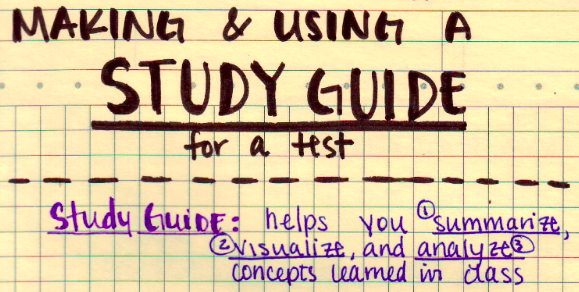
Homework: Study Guide is due Friday as is your Atomic Quiz Question #9 self-evaluation (using the last two columns in the rubric postedbelow).

|
Exemplar Rubric.pdf Size : 104.143 Kb Type : pdf |
October 31
Learning Objective: We will learn how caves are formed so we have a better understanding of what we are looking at when we visit Gruta Casa da Pedra

Homework: You can choose to watch the Planet Earth documentary "Caves"
October 28
Learning Objective: With the Internet down today, we will be doing a high- school style lecture where we will learn how atoms interact to create stars!
Homework: Enjoy your Halloween
October 27
Learning Objective: Assess our content mastery of atoms and molecules using a grade level appropriate quiz.
Before we assess, lets take a fun look at rare and stable elements on Earth
Homework: None
October 26
Learning Objective: Assess our content mastery of atoms and molecules using a higher grade level quiz. This will be a challenging practice for our grade level assessment tomorrow and will make it seem much easier!

Homework: None
October 25
Learning Objective: Yesterday we had to take a step back to learn about what makes up an atom. Today we will continue working on the learning objective from October 24.
Homework: This PBS Learning site gives a very good review of the properties of atoms if you need extra help studying tomorrow.
October 24
Learning Objective: We will learn aboutthe molecular structure of water.
Homework: Use this website and this period table to answer the questions on the Google Doc labeled Atomic Study Guide. This is due for your class on Wednesday.
ESSENTIAL QUESTIONS
o What is an atom?
o What is water?
o How does water move in the hydrosphere?
o What affect does water have on land formations?
o In what ways are humans affecting the water cycle?
October 21
Learning Objective: Preview upcoming topics to build a deeper background knowledge for future units of study.
Homework: Enjoy your weekend
October 20
Learning Objective: Demonstrate your content mastery for our current unit

Homework: Have fun while learning about gravity with Super Planet Crash
October 19
Learning Objective: Review the material fromthis unit in order to be better prepared to demonstrate content mastery on the Unit Assessment tomorrow.
Homework: 20 minutes of studying
October 18
Learning Objective: We will build upon our work from yesterday to learn about the primary senses that humans use to experience the word. We will use this website to accomplish this objective. Complete the following task...
1. Open the website in the link above
2. Open the Google Document "The Human Senses" and make a copy
3. Choose one of the human senses and become an expert on it
4. Tell me from start to finish, how that sense works in the Google Doc
Homework: Here is your study guide for the Unit Assessment on Thursday

October 17
Learning Objective: Continue to learn about how neurons work together to allow you to perceive the world around you (using the link from October 14)
Alina (Maggie's Sister) asked a great question on why we cry...lets see why!

Homework: Study for 20 minutes tonight.
October 14
Learning Objective: Discover how the cells of the brain allow us to perceive the world around us. We will focus on one cell in particular...the basic neuron
Interactive Link: The Neuron

Homework: Optional reading on how scientists came up with the number 86 billion when looking at the human brain. Remember, knowledge is power!!!
October 13
Learning Objective: Continue our unit review on Friday to make sure we fully comprehend the first three essential questions. After, we will begin looking at how our cells work to allow our brains to perceive the world around us!

Homework: None
October 11
Learning Objective: Today we will do a unit review to make sure that we have covered the first three essential questions in depth. When we return to class on Thursday, we will answer our final question on how the brain works.
We will answer our review questions in the Google Document
Homework: Ask yourself one question that interests you about the human body and research the answer. We will share these out on Thursday in class.
Do not make a copy of the Google Document where this homework is found. There are enough tables for each student to have their own.
October 10
Learning Objective: We will continue our investigation on the digestive system of the elephant and then look at the liver of a shark.

Homework: TBA
October 7
Learning Objective: Today we will investigate dietary habits affect the size and organization of different species digestive systems.

Homework: As an optional assignment, you can read about how elephants were used in ancient warfare. I am a fan of history and found this interesting
October 6
Learning Objective: Today we will investigate dietary habits affect the size and organization of different species digestive systems.
Homework Review: Pre-Dissection Questions (Click here for the answers)
1. Where is the cecum located
2. What is the function (job) of the cecum?
3. Do humans need a big or a small cecum?
Homework: Check out the Ted talk from Andora Svitak from Mr. Blackburn's presentation today about the 2017 AASA Conference.
October 5
Learning Objective: Use the knowledge we have acquired to finish our Digestive System project. These are due at the beginning of class tomorrow.
When you finish your project feel free to check out this Crash Course Biology

Homework: Finish your Digestive System project by the beginning of class
October 4
Learning Objective: Demonstrate your content mastery of the digestive system. When you are finished, you can explore this awesome website
Homework: None
October 3
Learning Objective: use our acquired knowledge of the digestive system to provide warm and cool feedback for one of our peers on their story
Protocol: Use the following steps to complete your feedback session...
1. Both partners will look at the same rough draft
2. Go section by section and in proper order.
3. Check each section for emotional tone, information, and proper grammar. The partner who didn't write should read aloud.
4. Once complete, pairs will then look at the other partners rough draft and repeat the same process.
Homework: Have your final drafts ready by tomorrow and study for your digestive system quiz tomorrow.
September 30
Learning Objective: Provide feedback for you classmates on the emotional tone and informational accuracy of their narratives. Warm feedback too!!!
Note: Today in math we started the following Crazy Horse problem...
- (14.07 x 6.2) + (-3^3 + (2 + 2)^2 + (-6)^2 -1)^2 - (0 x -1 +1 x 0) = ?

Homework: Homework: Quiz on Resource #2 next Tuesday
September 29
Learning Objective: Continue writing our narratives. You should make sure that each of your panels has the following elements before you move on...
1. Emotion (the reader should feel something)
2. Scientific Fact (the reader should learn something)
Homework: Quiz on Resource #2 next Tuesday
September 28
Learning Objective: Taking our research from the last two days and transforming it into a compelling narrative story! Here are Pixar tips...

Homework: By Friday, my expectation is for you to know the location and a simple explanation of the organs of the digestive system from Resource #2
September 27
Learning Objective: Continue our work from yesterday on investigating the essential question, "How is the human body organized." Today's you should:
1. Continue conducting your research on the digestive system
2. Begin to think about how you will incorporate this information into your digestive system project. You will begin your writing tomorrow!
Homework: 15 minutes of research from one of September 26th resources
September 26
Lesson Objective: Investigate the essential question, "How is the human body organized" by starting a project that explores the digestive system.
You will use the resources below to complete this project that is due Friday
Resource #1 Resource #2 Resource #3 Resource #4
Homework: Tomorrow we will have our Organization of Life assessment.
September 23
Lesson Objective: Review the organization of life reading and learn about the skeletal system .

Homework: Enjoy the weekend.
September 22
Lesson Objective: Continue to learn about the organization of organisms. We will be starting with a review of Activity #3 from yesterday and then begin Activity #2. Remember we went in reverse order on our assignment sheet.
Homework: By tomorrow please watch this video and take notes in the Google Document "The Skeletal System." We will have a discussion about this video tomorrow in class. If you want to try something more advanced after watching this video, you can check this out (optional).
September 21
Lesson Objective: We will learn how the body of a multicellular organism is organized. We started this discussion yesterday and will continue today.
Activity #3 Link: Human Body
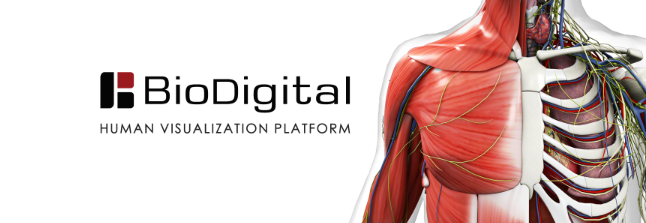
Homework: Complete the reading and annotation from Activity #1
Students who made errors on their Immune System Quiz have the opportunity to earn up to 3 points back (25%). I have printed blank card templates and their task is to take a term they confused, draw a cartoon version of it and give an easy to understand description of what it does.
Yesterday somebody asked about how the knee works. Here is a cool demonstration showing the importance of your knee cap.

|
Knee Cap.mp4 Size : 683.31 Kb Type : mp4 |
September 20
Lesson Objective: Learn about the levels of organization of the human body
Video Link: Levels of Organization
After discussing the basic organization of the human body, we are going to take a closer look at a very special organ that makes us unique...our brains!

Homework: Infographics to be submitted tomorrow for printing! Awesome.
September 19
Learning Objective: Today is our final day in the Infographic Design process with a peer review. We will be doing a warm and cool feedback system...

Homework: Have infographics ready to be published
September 16
Learning Objective: Review our immune system quiz and afterwards we will learn about what a virus is and how vaccinations help stop them!
Homework: If you have not yet completed your inforgraphic, please do so because we will be doing a warm and cool feedback review on Monday.
September 15
Learning Objective: Learn how we discovered cells and how this has changed how we look at the world around us.

Homework: Infographic is due at the end of the class period tomorrow.
September 14
Learning Objective: Teach others about bacteria through a digital medium
Homework: Same as September 13
September 13
Learning Objective: Teach others about bacteria through a digital medium
Homework: Your inforgraphic will be due at Friday at the end of the class.
September 12
Lesson Objective: Assess of knowledge of the immune system and the cells that work together to make it all possible.

Homework: Begin working on your infographic and the due date is by Thursday at the beginning of class.
September 9

Homework: Go outside and play. Also, wear sunscreen.
September 8
Learning Objective: Begin steps 1 and 2 of the design process for bacteria infographics that we will display in the Learning Commons for the ASA South American Librarians Conference

Homework: Complete Step 2 of the design process for the Infographic
September 7

September 6
Lesson Objective: Review the immune system and look at on of the most dangerous bacteria that mankind has ever encountered.
TEDed Presentation: The Bubonic-Plague
Article: The Black Death and HIV Immunity

Homework: On Friday we will have a quiz on the cells that make up the Immune System. Use your notes from class and the video as a guide.
September 5
Lesson Objective: Today we will learn how our cells work together to keep you safe from infection.
Activity #2 Link (The Immune System Explained)
Homework: TBA
September 2
Lesson Objective: Today we reviewed our cell organelle assessments and rewrote our written responses in order to improve our ability to effectively communicate our scientific knowledge
Homework: Have your paragraph revisions completed by the beginning of class net Tuesday and enjoy your weekend.
September 1
Lesson Objective: Re-assess our knowledge of cell organelles and review the scale size of cells in comparison to other objects.

Homework: Make sure you are all caught up on activities we have done so far in and outside of class. Check the posts below to see what we have done
August 31
Lesson Objective: Today we will be doing cell organelle drills to ensure we have mastered the basics and will look in greater depth at the size of cells
Interactive Website: Scale of the Universe
Extra Help: Cell Organelles and Levels of Organization

Homework: Study for your assessment tomorrow using the Extra Help links
August 30
Lesson Objective: Review all major organelles and see how they function in a single celled organism, the Amoeba Proteus.

Homework: TBA
August 29
Lesson Objective: Assess our knowledge of our first essential question and then become familiarized with creating infographics (we will use Piktochart).
Presentation: Good vs Bad Infographics
Homework: 1) When you finish your assessment, look at the 12 infographics posted above and pick the one that you think is the best and the one that has the most room for improvement. Fill in the Google Dive document with the name, "Judgement Day: Infographics" and we will share out tomorrow.
2) Please sign up for the piktochart website and take some time to play around with it because we will be using this in the future quite a lot!
August 26
Lesson Objective: Learn the different organelles that make up plant and animals cells. We will also take a closer look at our friend, the motor protein
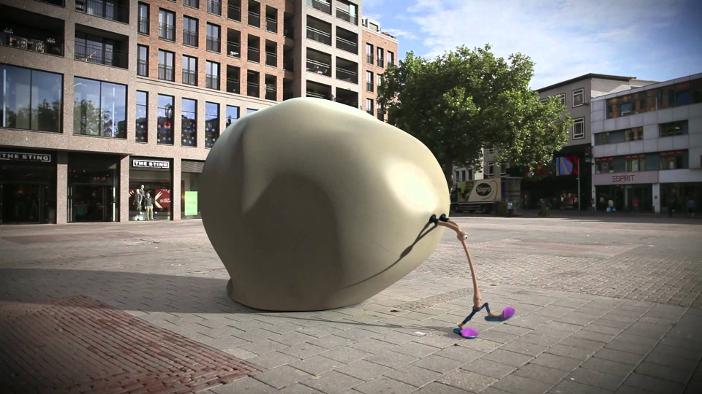
Homework: Quiz on Monday that will cover the following topics...
1. Know the major organelles of a plant and animal cell.
2. The functions of the organelles from the homework sheet.
3. Be able to explain the main differences between animal and plant cells.

|
1.1 Introduction to Cells.docx Size : 77.463 Kb Type : docx |
August 25
Lesson Objective: What is the basic unit of all life and what is it made of?
Video: The Inner Life of a Cell
Interactive: Comparing Plant and Animal Cells

Homework: Finish Activity #1 and #2 that we began in class today. We will review cell organelles tomorrow in class and look more at motor proteins...
STRUCTURE, FUNCTION, AND INFORMATION PROCESSING
ESSENTIAL QUESTIONS
o What is the basic unit of all life?
o How does a cell function?
o How is the human body organized?
o What cell processes allows your brain to experience the world around you?
August 24
Learning Objective: Work collaboratively to make an informed scientific conclusion regarding a problem. Conclusions will be based on evidence.
Homework: Complete your evidence based forensics report. The clues, motives, and evidence are all posted in the gallery below this text.
August 23
Learning Objective: Review classroom procedures and understand our responsibilities as a part of this learning community

|
Science Syllabus 2016-2017.docx Size : 38.98 Kb Type : docx |
Homework: Have your student goals finished by tomorrow and take 10 minutes to read the 5th Grade letters, both in the 6th Grade Google Drive
*By Monday of next week, please have a 4 ring, 1 in (2.54 cm) binder